The Short Answer from a registered dental hygienist
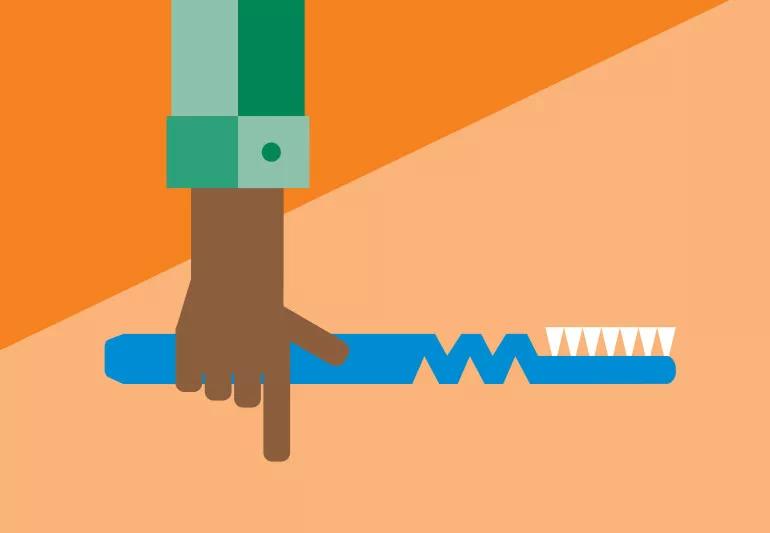
A: Yes. The bacteria that live on a toothbrush after you use it are considered anaerobic — meaning that they will die in the presence of oxygen. So, in general, if you let your toothbrush air dry, it will take care of most bacteria.
Advertisement
Cleveland Clinic is a non-profit academic medical center. Advertising on our site helps support our mission. We do not endorse non-Cleveland Clinic products or services. Policy
Some experts recommend having two toothbrushes and alternating while one dries.
However, after you are sick, my general recommendation is to replace your toothbrush. It’s an easy fix to make sure lingering bacteria doesn’t lead to reinfection or get passed on to family members. This makes a lot more sense than trying to clean your toothbrush by boiling it or by using hydrogen peroxide or vinegar.
Also avoid storing multiple brushes, such as those of family members, in the same holder or in a drawer together. It’s best if they do not contact each other.
— Registered dental hygienist Denise Stepka, RDH
Advertisement
Learn more about our editorial process.
Advertisement

Symptoms can overlap and be hard to distinguish, but there are some telltale differences

The flu, RSV, COVID-19, pneumonia and more typically circulate during cold weather months

The advice dates to 1574, but it doesn’t quite meet modern medical guidelines
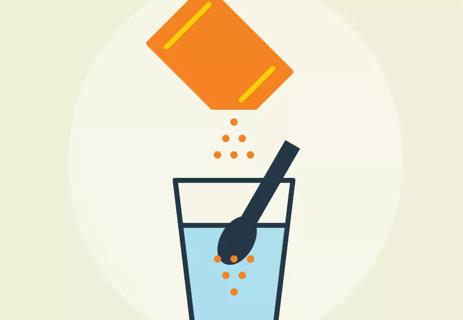
Ultimately, the best medicine for a cold is time, fluids and rest
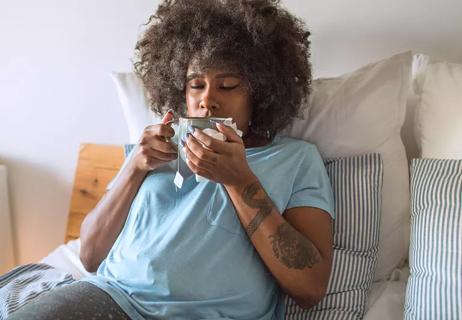
From garlic to elderberry, here’s how not to get rid of a cold

Colder temps bring flu worries, fall allergies, dry skin and more
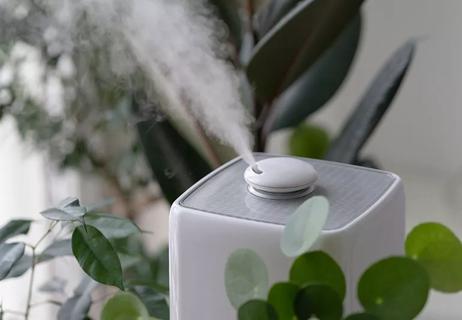
You can’t cure it, but you can manage the symptoms
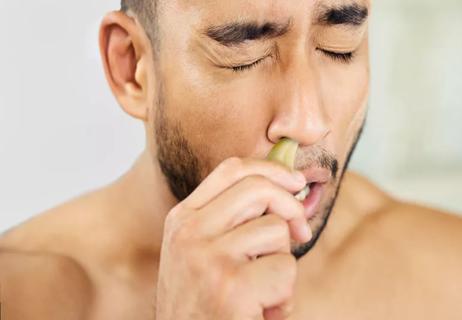
Here’s one TikTok trend you shouldn’t try

Type 2 diabetes isn’t inevitable with these dietary changes

Applying a hot or cold compress can help with pain